After securing political stability and renewed international confidence, President Javier Milei’s government has moved into a new stage — one focused on reactivating private credit and accelerating economic growth. The plan combines lower interest rates, access to foreign financing, and targeted incentives to signal that Argentina is open for business again.
Officials inside the Central Bank confirmed that lending conditions will be loosened to help companies and households access financing more easily. Reserve requirements for banks have been adjusted, giving them greater flexibility to lend. It’s a shift meant to inject fresh momentum into a system that had been frozen for too long by uncertainty and tight liquidity.
The government’s economic team believes that lower domestic rates, paired with external credit opportunities, will drive expansion in key industries — particularly energy, construction, and exports. Several companies have already started to explore foreign credit lines, encouraged by the drop in Argentina’s risk premium and the new stability of the peso.
Inside government circles, the message is clear: it’s time to turn reform into growth. Milei’s administration is betting that by giving the private sector easier access to capital, new investments will begin to flow, helping the economy regain traction after years of stagnation. Business associations have cautiously welcomed the move, saying it could finally unlock productive capacity across the country.
However, economists warn that the process will take time. The pace of recovery depends on maintaining fiscal discipline, rebuilding reserves, and sustaining confidence in the peso. Still, optimism is growing — the combination of lower rates and greater financial openness could mark the start of a new cycle.
For Milei, this push isn’t just economic. It’s symbolic. It shows that after stabilization and reform, Argentina is ready to move forward — with private enterprise at the center of its comeback story.

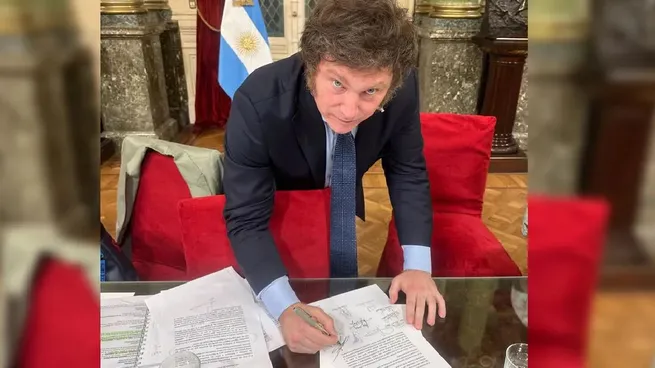
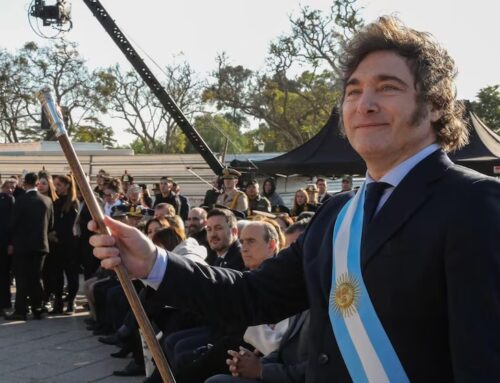
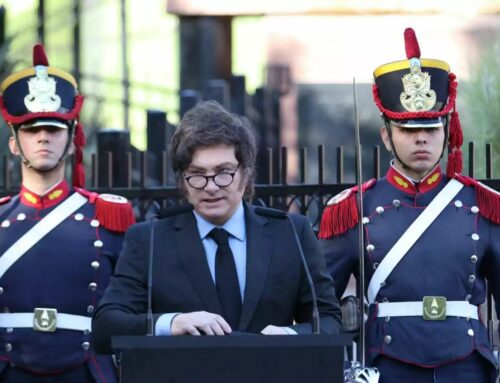
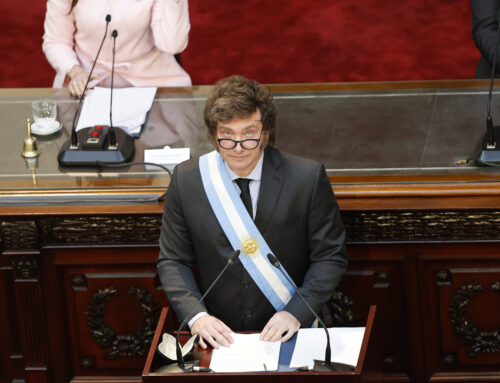
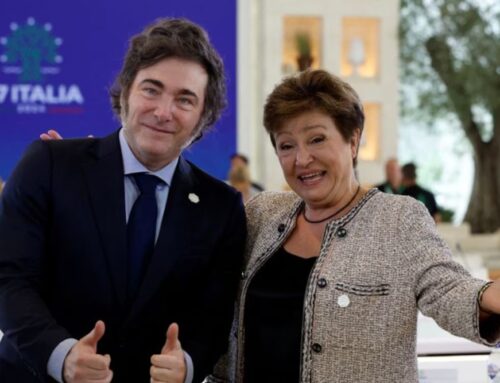

Leave A Comment